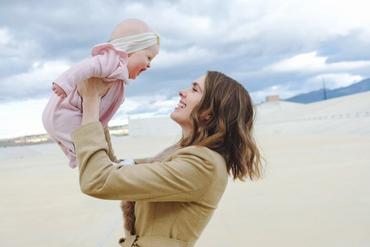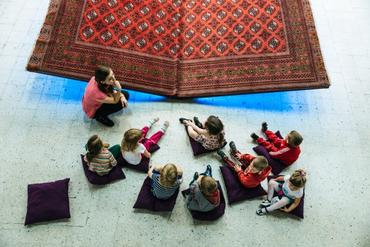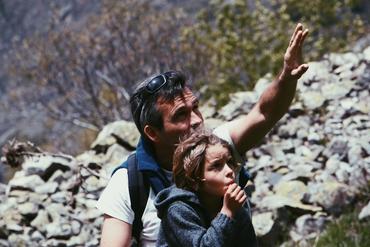Support for parents of deaf children.
Common Questions and Informed, Evidence- Based Answers.

What is this article about?
This article starts by arguing the case for ‘bimodal-bilingualism’, involving exposing deaf and hard of hearing babies to sign language as well as spoken language from their early days to build a strong foundation language. It then outlines common questions asked by parents of deaf and hard of hearing children, and provides answers, based on evidence.
It also gives medical professionals some basic points to consider in advising parents:
- Deafness is not an illness, so should not be framed negatively
- Deafness does not delay development, but linguistic deprivation can
- Sign language is widely available, making learning to sign more possible than ever
What were the key findings?
- Research shows how critical is it for deaf and hard of hearing children to have exposure to sign language
- The whole family should start learning sing language at the same time as their child as early as possible. Learning together is a strong bonding experience.
- Exposure to a fully accessible language not only increases language acquisition, but also supports a child's development more broadly, by providing a nurturing, relaxed environment.
Where can I read more about this article?
Supports for Parents of deaf children: Common questions and informed evidence-based answers.
Printable 363 KB PDF



